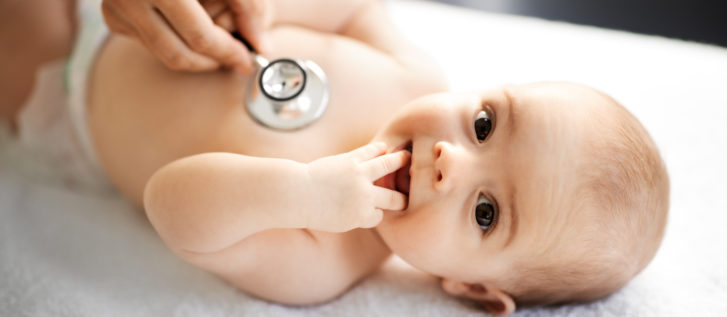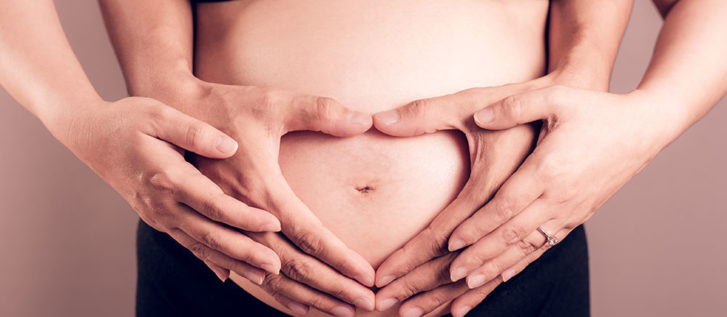
Exploring careers in construction
Construction is a huge industry that spans everything from architecture and house building...read more
Premier league paternity leave cases show how far the discussion around dads has come, and how far it still has to go

It’s a stereotype that dads like football. What’s new is footballers increasingly liking being a dad.
How many of us have heard parents-to-be, or often grandparents-to-be, hoping for a boy baby ‘so they can take him to the football’?
In my first book we recounted a tale of a grandmother talking to her grandson about his new baby brother and saying he’d be able to play football with him one day. When gently challenged she admitted actually she enjoyed a kickabout as much as the next grandad. Gender didn’t come into it.
England’s Lionesses smashed through any number of gender stereotypes this summer proving football is for everyone. We’re making progress but, as so often, it feels slightly lopsided. It’s as if society is granting women permission to take part in traditionally masculine past times like football. Yet men find it harder to go the other way and get involved in traditionally feminine activities, like childcare.
And this is where the footballers come in.
We know role models matter when it comes to changing behaviour. We know lots of people look to the stars of the Premiership as role models simply by dint of pulling on their team’s shirt (and also earning lots of money for doing something most of us would do for free). So a couple of recent paternity leave instances matter.
Hugo Lloris isn’t just Tottenham Hotspur’s goalkeeper, he’s the man that lifted the World Cup for France last summer. In a footballer’s career it doesn’t get any better than that. And this month he went off on paternity leave. Newspapers broadly reported he was ‘missing’ from the match against Leicester. A poor choice of word. It suggests the absence from his usual work is what defines him, not his presence looking after his baby and by his partner’s side. So there’s still work to do in normalising Premier league paternity leave.
That’s evidenced by another case. Arsenal defender Granit Xhaka has flagged that he’ll be going on paternity leave next month. Inevitably, fans have a view on that. A visit to a few Gunners message boards reveals some interesting attitudes. For example one article is headlined ‘Should Xhaka be allowed to take paternity leave?’. That seems a shocking question – and pointless since he’s entitled to it under the law. But the article’s answer is yes. Commenters elsewhere make the very case that his child’s welfare is more important than football results. But others question how his presence matters to the baby’s wellbeing. (I could point those people to a really good book that answers that one!) At least one unfortunate – and presumably/hopefully single – chap compares having a baby with having a dental appointment.
What’s clear is that not everyone is on board with footballers, or men in general, taking paternity leave. Equally clear is that plenty of people do get it. What’s important is that the discussion is taking place, it’s raising awareness.
Footballers like Lloris and Xhaka aren’t missing from their teams, they’d be missing if they weren’t at home getting involved in their offspring’s early days and weeks.
But when it comes to raising awareness about men’s right to paternity leave and the debate or discussion around the benefits dads bring they are not missing, they’re scoring.
Which is ironic because one is a defender and one is a goalkeeper.


SPL is such an important topic to us here at Working Dads that it's essential you know all the basics. We asked Andrew Willshire, employment law... read more

Study of families across the globe finds that challenging gender norms and achieving equal parenting takes a lot of effort from working dads read more

My employer was great at letting me take time off for hospital appointments when my partner was pregnant, but now the baby is here I’m worried about... read more

Workingdads.co.uk outlines your rights to ante-natal visits. read more